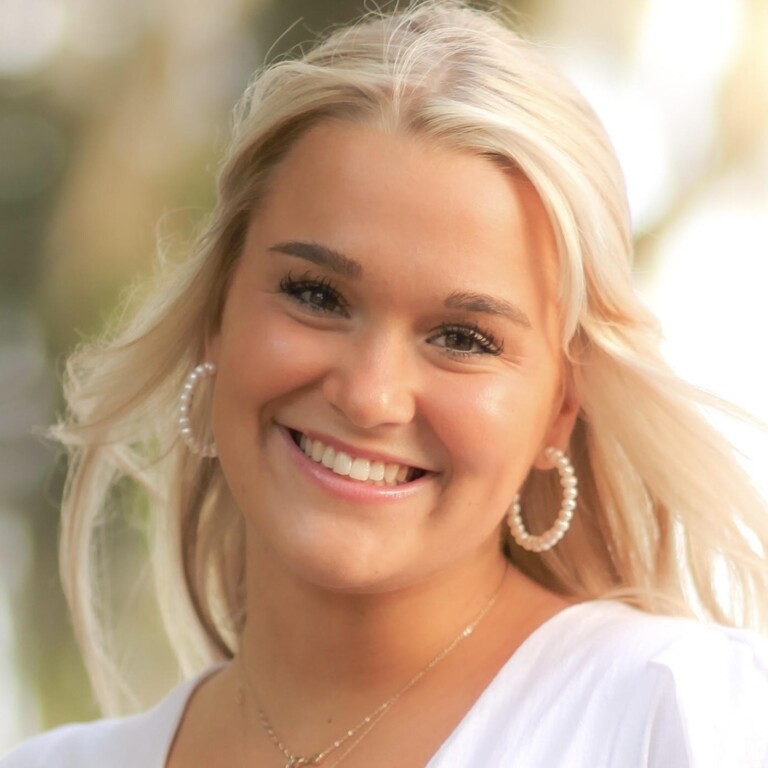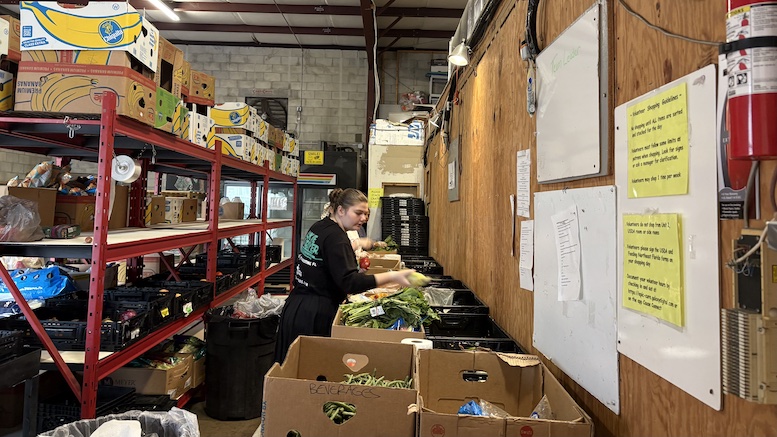Epic-Cure, a food bank in Northeast Florida, lost three workers after a federal funding freeze halted the organization’s new employment program for seniors.
The Senior Community Service Employment Program is funded through the U.S. Department of Labor and operated by NCBA Inc., a nonprofit that provides the trainees. The program aims to employ 55-plus seniors who are low income to teach them job and workforce skills.
Epic-Cure, which serves St. Johns, Putnam and surrounding counties, had arranged for three trainees to work at the Putnam branch, learning inventory management and equipment operations.
The federal grant was “just a godsend to us because we can’t afford to pay anybody, and sometimes we struggle to have enough help during the week,” Sunny Mulford, executive director of Epic-Cure, tells Jacksonville Today.
Three days after the workers started, a federal freeze ended the program and the trainees were let go.
“We went through the whole process of being set up as a vendor for them,” Mulford says. “They started on Monday, and by that Thursday we were notified that the program was paused because of funding.”
Mulford says, “As a taxpayer, I understand that the country is in significant financial strain. And so we understand that those cuts have to happen. Nobody ever wants their program cut, but we understand that cuts have to happen.”
She says the organization’s volunteers stepped up to help upon learning that the program was cut.
The job training program nationally receives $24.3 million of federal money and $2.7 million of nonfederal money, according to NCBA Inc.
Erica Hansberry, who works for the Northeast Florida branch of NCBA, says the organization got no explanation why money for the senior employment program was withheld after it had already been allocated.
The loss not only cost the food bank three desperately needed workers, it hurt three seniors who face challenges finding jobs, Mulford says.
“I met one man who said, ‘I can’t believe somebody’s actually going to teach me something,’” she says.
According to the U.S. Bureau of Labor Statistics, 3% of seniors 55-plus were unemployed as of June. Concerns are growing that more of them will be affected as programs such as this one, SNAP and other federally funded initiatives lose support.
“The amount of food that is going to be available is going to go down, at the same time the demand for food is going to go way up, because as they cut all these social programs those people are already on the financial edge,” Mulford says.
Epic-Cure is funded privately through donors, but federal funding cuts will start to affect even organizations that are privately funded, Mulford warns.
“We don’t receive any federal funding, so it’s not going to impact us in our operations. But that doesn’t mean that the demand is not going to exceed what we’re able to provide. We’re going to do everything we can to step up in every way,” she says.
As programs continue to get cut at a state and national level, local food banks and food distributors say they’ll work hard to ease the lack of food within their communities.
“We’re getting another refrigerated truck that was a donation from Feeding America. We are going to put that to use to try and do as much as possible to get more food to at least try and alleviate as much hunger as we can,” Mulford says.
Updated: An earlier version of this story referred to the workers as “employees.” NCBA considers them “participant trainees.”







